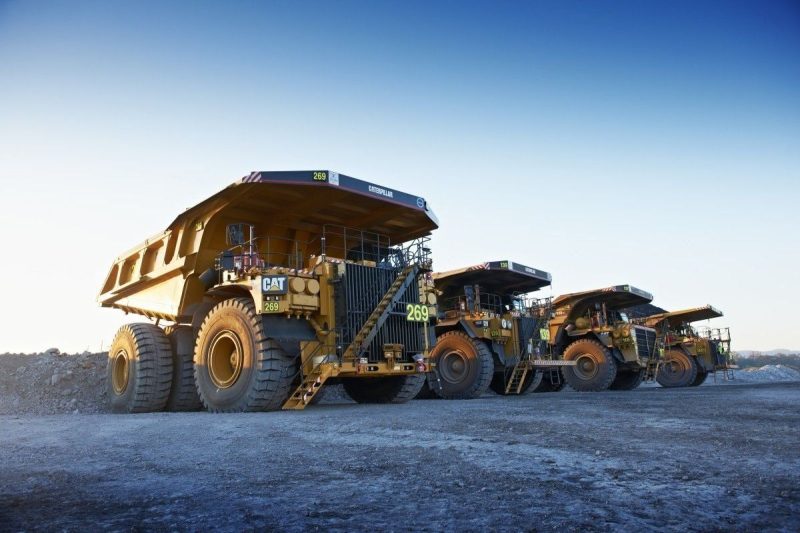**Understanding the Challenges Faced by Glencore’s Queensland Carbon Capture Project**
Glencore, a global natural resource company, has been working on an ambitious carbon capture project in Queensland. However, the project has faced significant setbacks due to groundwater issues, which have derailed its progress. In this article, we will delve into the challenges faced by Glencore’s project and analyze the broader implications of groundwater issues on carbon capture initiatives.
**Background of Glencore’s Carbon Capture Project**
Glencore’s carbon capture project in Queensland aims to capture and store carbon emissions from industrial processes, particularly from coal-fired power plants. The company has been committed to reducing its carbon footprint and has invested substantial resources into developing this project as part of its sustainability efforts.
**The Role of Groundwater in the Project**
Groundwater plays a critical role in the success of carbon capture projects, as it can impact the stability and efficiency of carbon storage sites. In the case of Glencore’s project, groundwater issues have emerged as a major challenge. The presence of high groundwater levels in the project area has raised concerns about the integrity of carbon storage reservoirs and the potential for leakage or seepage of captured CO2.
**Technical and Environmental Concerns**
The groundwater issues faced by Glencore’s project are not only technical but also pose environmental risks. Leakage of stored carbon dioxide into groundwater can contaminate water sources, posing a threat to human health and the environment. Additionally, the presence of high groundwater levels can complicate the design and operation of carbon capture infrastructure, leading to delays and cost overruns.
**Regulatory and Stakeholder Challenges**
The groundwater issues plaguing Glencore’s project have also raised regulatory and stakeholder concerns. Regulatory authorities may require additional monitoring and mitigation measures to address the groundwater challenges, adding complexity to the project’s permitting process. Stakeholders, including local communities and environmental groups, may also raise objections to the project due to groundwater-related risks.
**Future Implications for Carbon Capture Initiatives**
The challenges faced by Glencore’s project highlight the importance of thorough site assessment and risk evaluation in carbon capture initiatives. Groundwater issues are just one of the many potential hurdles that carbon capture projects may encounter, underscoring the need for robust planning and contingency measures. As governments and industries worldwide ramp up efforts to combat climate change, addressing groundwater challenges in carbon capture projects will be crucial for achieving sustainable and effective carbon mitigation solutions.
In conclusion, Glencore’s Queensland carbon capture project serves as a cautionary tale of the complexities and risks involved in implementing large-scale carbon capture initiatives. By addressing groundwater issues and other potential challenges proactively, stakeholders can enhance the success and viability of carbon capture projects, contributing to a more sustainable future for all.

